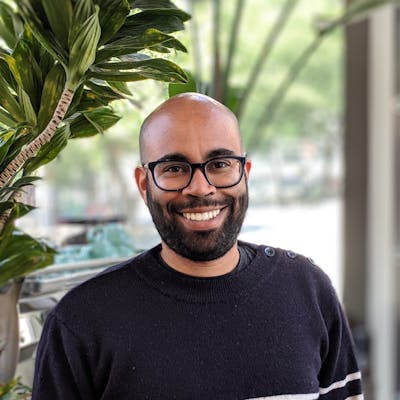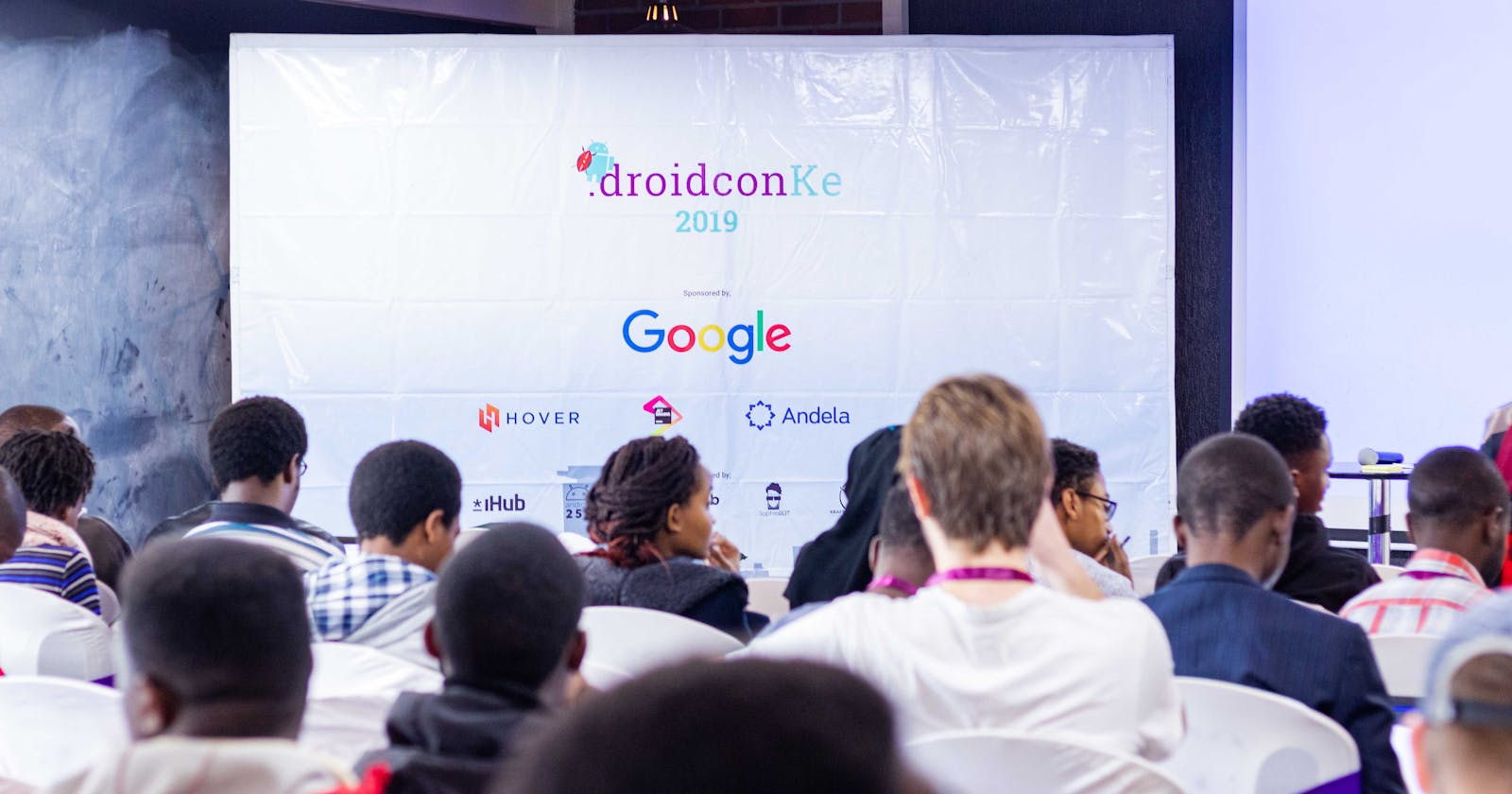Last week, I had the chance to attend and speak at Droidcon Kenya 2019 in Nairobi. It’s the second time Kenya has hosted the Android focused conference and with several hundred attendees, DroidconKe is one of the biggest Mobile Developer conference in Africa. In addition to other African countries (Nigeria, Ethiopia, Tanzania or South Africa) some speakers joined from Japan, Russia, and France. I was impressed by the vibrancy of the local Android Developer community.
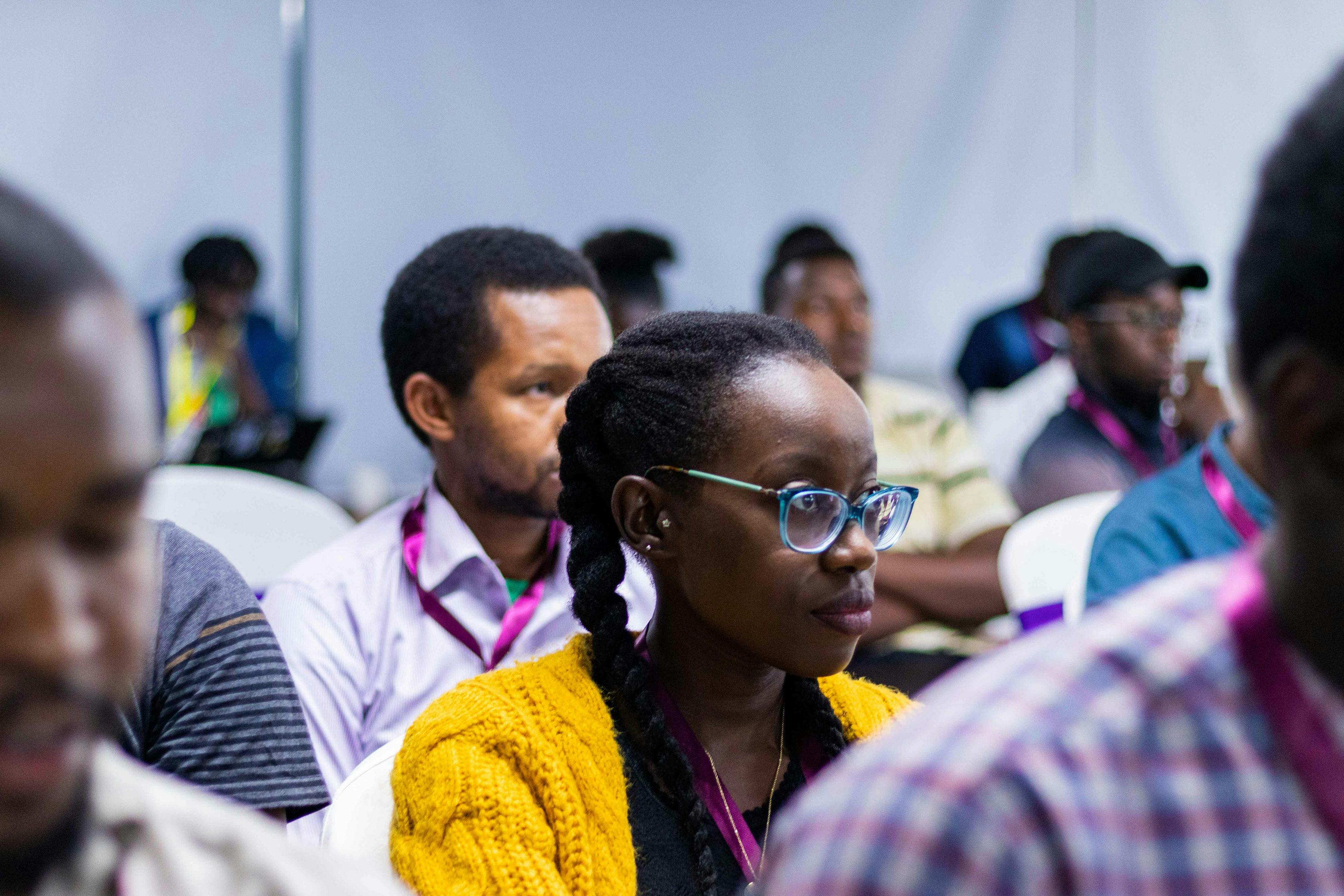
Similar to other Droidcon conferences, the talks covered a wide range of technical topics: Code Modularization, Kotlin Co-Routines, Tensoflow, Testing, and Flutter. There were also talks covering specific challenges to the African technical ecosystem.
Here are a few key learnings from some of the talks I was able to attend.
Opening Keynote (by Greg Fawson )
Greg Fawson leads Global Operations for Droidcon HQ in Germany. He couldn't be here in person and Skyped in. His talk was focused on the dynamism of the Droidcon community. Since the first Droidcon in 2009 in Berlin, the goal of the organization has been to empower the Android community all around the world and the expansion of Droidcon in Africa is a testimony of it. Greg also announced a newly revamped droicon.com and a roll-out of new educational video content .
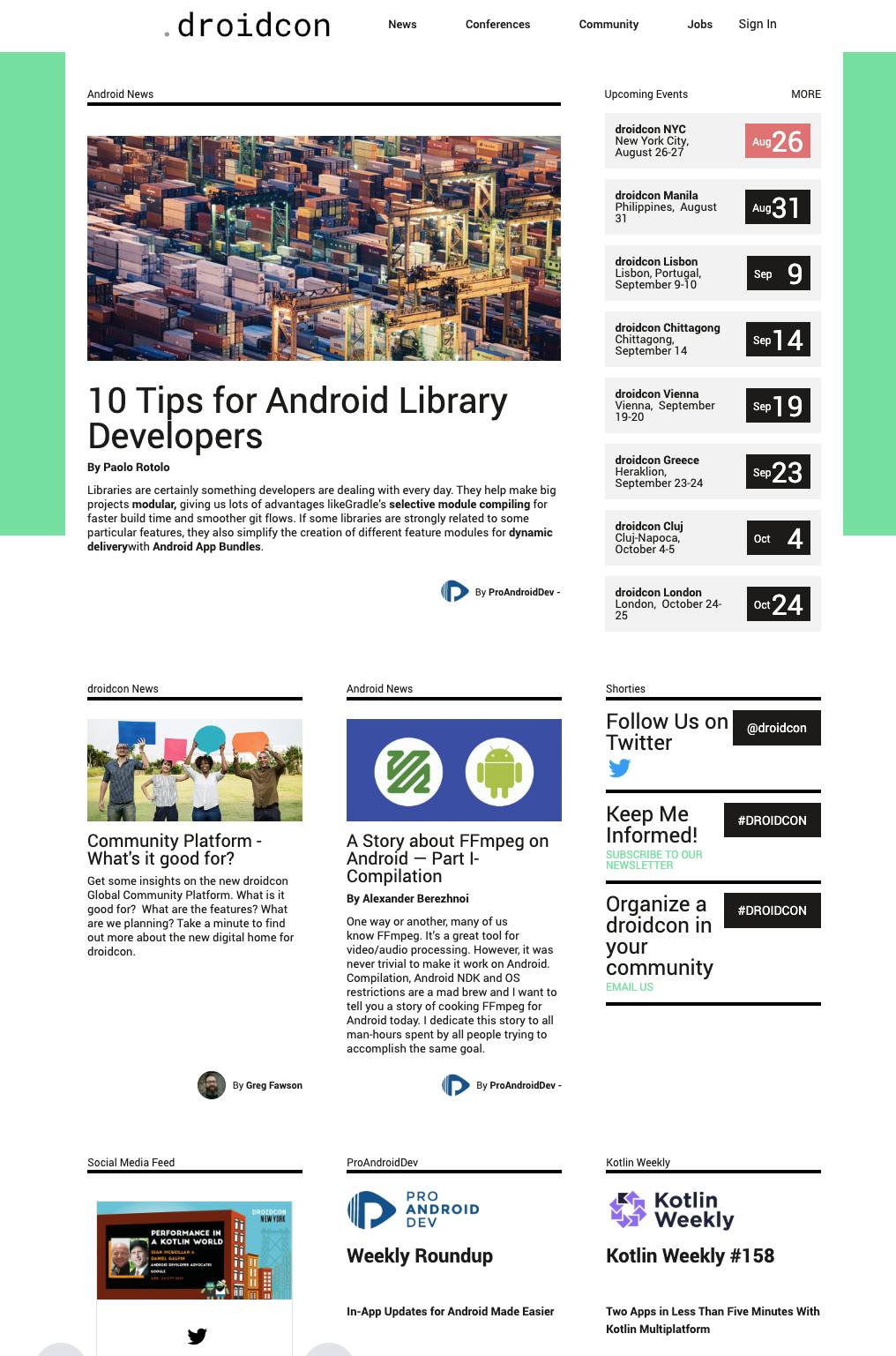
USSD automation for developers (by Hover Dev Relations team)
The developer relations team at Hover did a demo of their USSD (Unstructured Supplementary Service Data) automation SDK. This is a very good example of use cases specific to the African market. In countries where smartphone users don't have a credit card and sometimes don't even have a data plan, USSD based protocols can be used to perform API calls or bill users via Airtime to unlock paid features.
Accelerate Flutter Apps Development (by Kenichi Kambara)
Flutter is gaining popularity. Kenichi gave us a list of pro-tips ranging from Android Studio's autocompletion features for Dart/Flutter, Flutterstudio.app (an online drag-n-drop tool to design your UI), Flare (another online tool to create Flutter animations) or Dart Devtools , which is an advanced "Stetho" to debug your Flutter app. (slides)
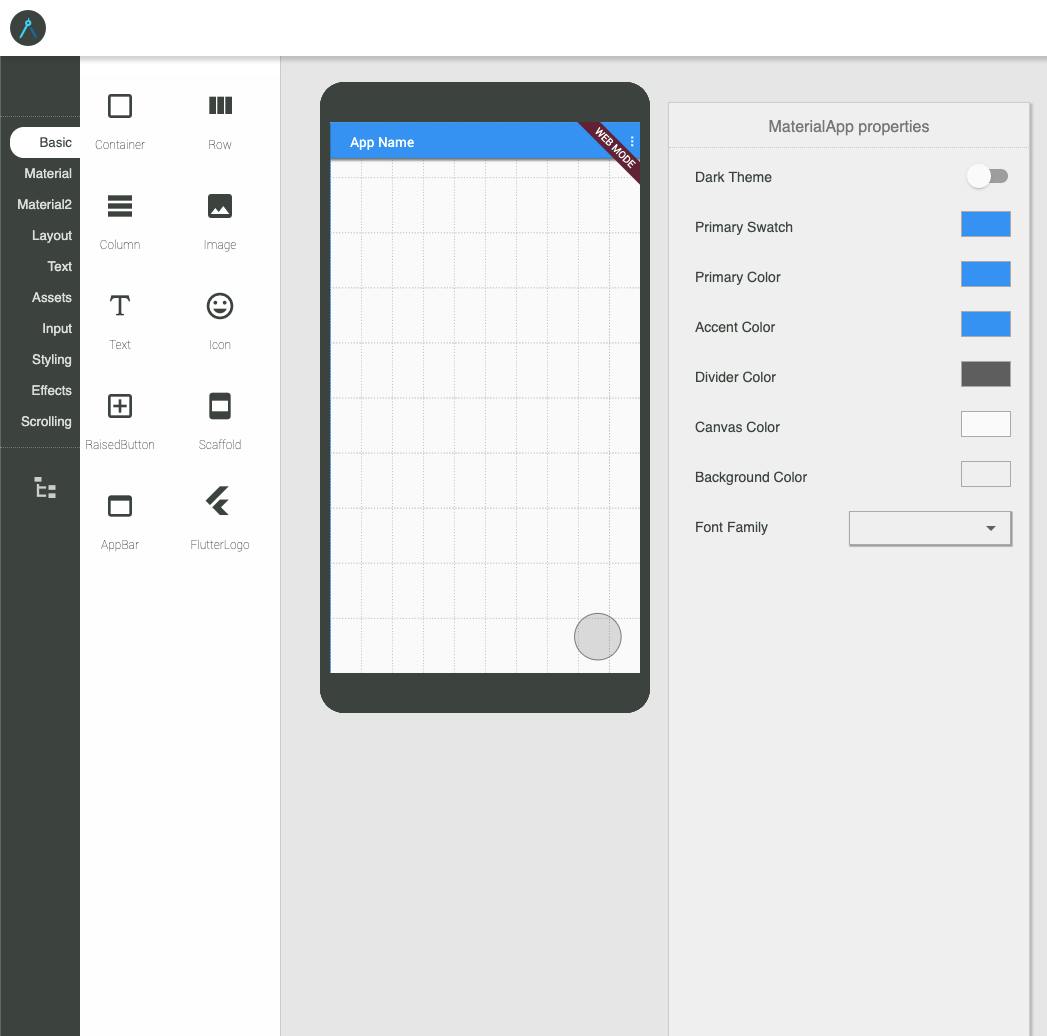
Game development with Unity from an Android point of view (by Julien Salvi)
Earlier in his career Julien built a cinema VR application on Android. During his fairly advanced talk, he walked us through state of the art of 3D and game development on Android and how to use Unity along with Android Studio to create games.
Beyond Android's Room: Data Persistence (by Naamini Yonzani )
In this introductory talk about Room, Naamini showed us how game changing ORM and Room in particular, are when it comes to adding persistence on Android. She also gave us tips about the schema migration (tl;dr don't drop the data store when you migrate, your users will hate you!).
Modularization from zero to hero (by Moyinoluwa Adeyemi)
With Android codebases becoming bigger and bigger, Modularization is key to increase your maintainability and reduce your build time. Also, with Android App Bundle becoming the new preferred format to distribute your apps, good modularization unlocks dynamic features. During her talk Moyinoluwa highlighted the fact that there is not a single strategy to modularize your code and that you can consider doing several passes to achieve it. (slides)
Modifying system settings (by Nikolay Pakhomov)
Nikolay works for Yandex in Saint Petersburg. He has spent the last few years on the Yandex launcher and software integration to the Yandex phone. During his talk, he walked us through how he modified the settings at the system level to include settings specific to his application.
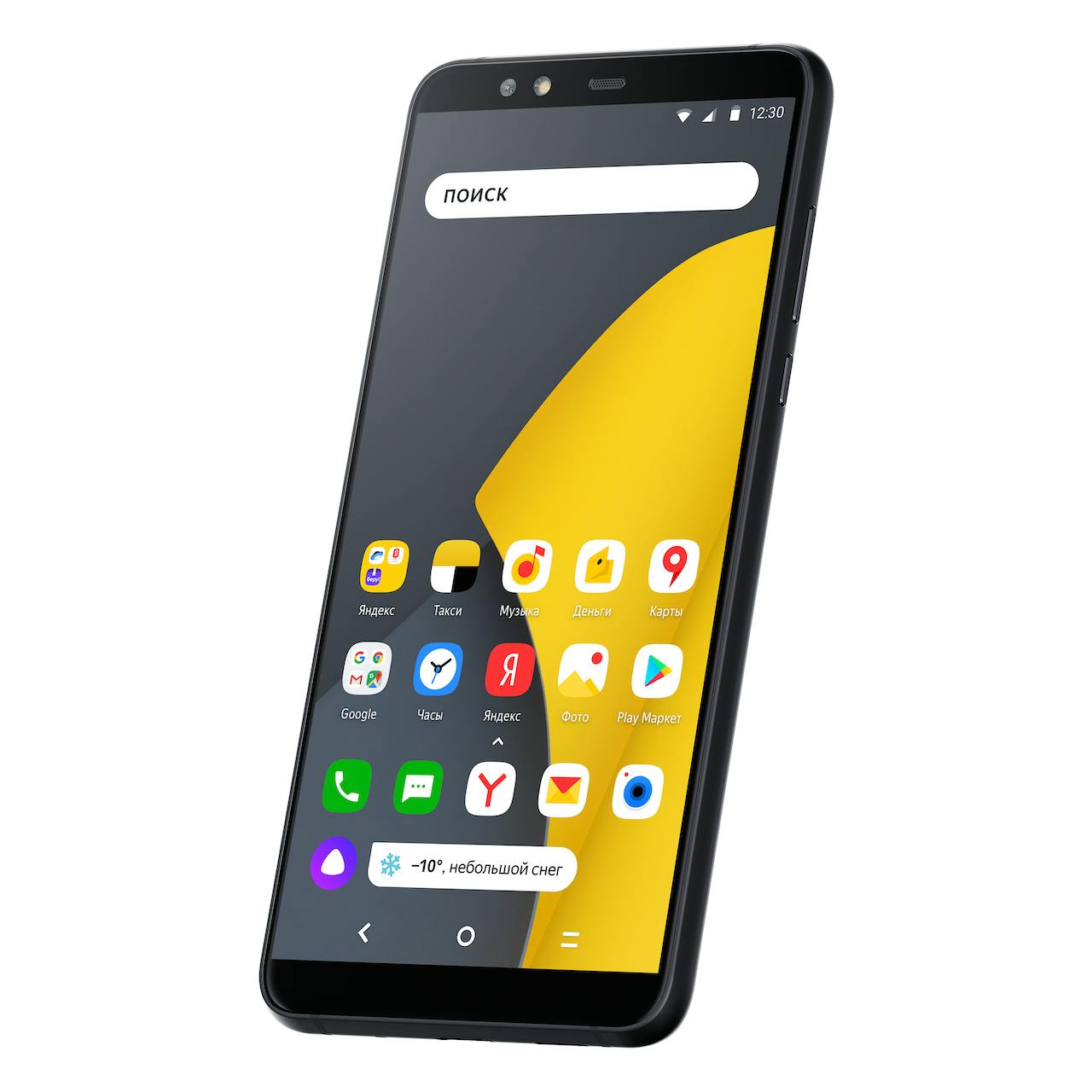
Launching your app for the African market (The right way) (by Dawit Abraham)
Dawit is based in Addis Ababa, Ethiopia. When he launched his game Kukulu, there was massive adoption in his home country, but virtually no in-app purchase. The reason? Google Play doesn't support in-app purchase in Ethiopia. It turns out that only 42% of African countries have Google Play payment support. During his talk, Dawit described the specific challenges the African market faces for application developers: Airtime, Mpesa, and other alternative payment methods, as well as localization.
The Power of Play Console: Launch and Grow your App (by Alex Koller)
From the internal alpha track to pre-registration and pre-release report, Alex gave us a list of pro-tip to launch your app Google Play the right way. But he also described how to use Vitals and how to handle ratings and comments once your app is live. He also pointed to Academy for App Success which an amazing resource to master app distribution on Google Play. (slides)
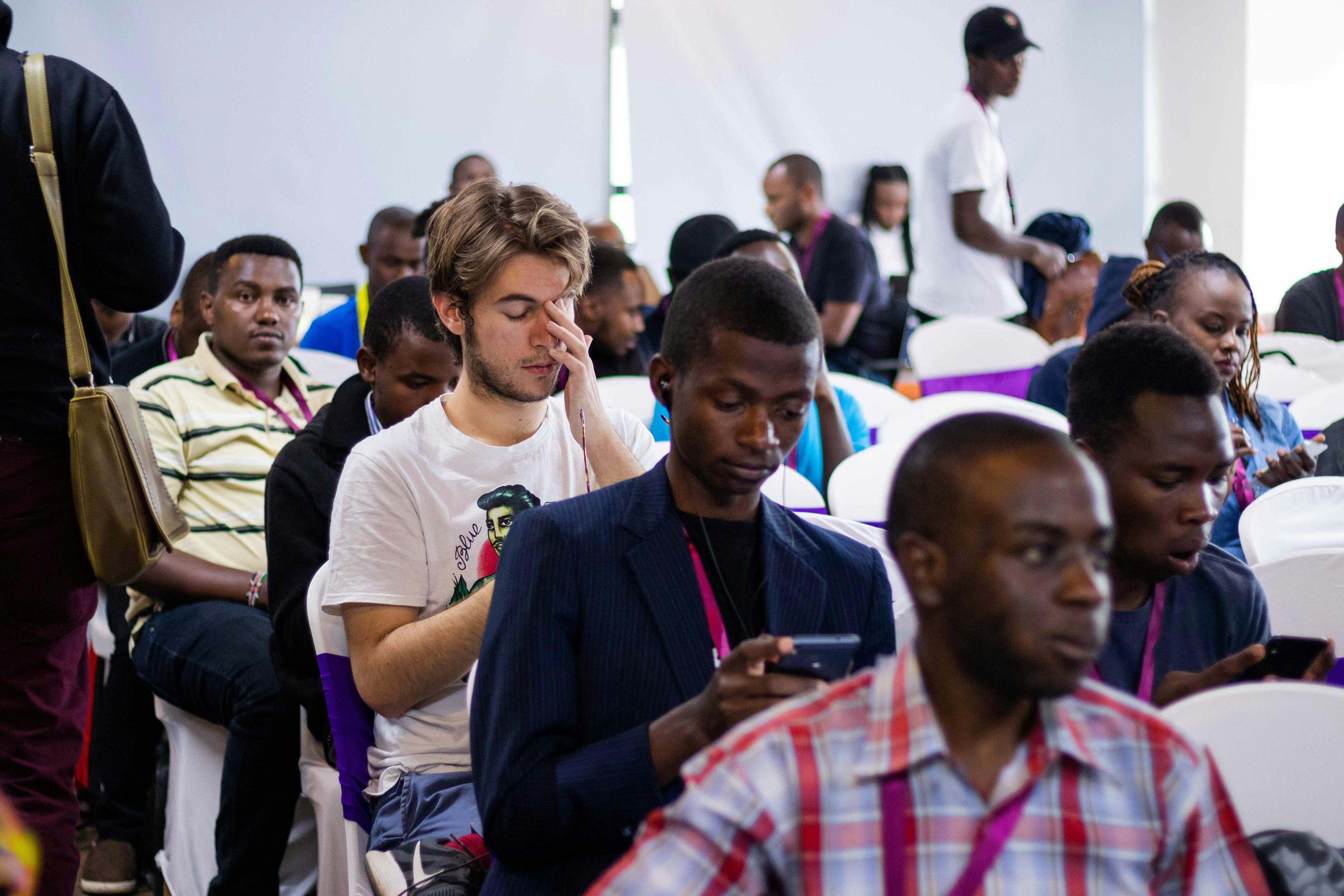
In conclusion, DroidconKe was really enriching. It was an amazing opportunity to experience the energy of the Kenyan Tech scene first hand.
And if you feel that you missed out, tickets for DroidconKe 2020 are already for sale with a 60% discount!
